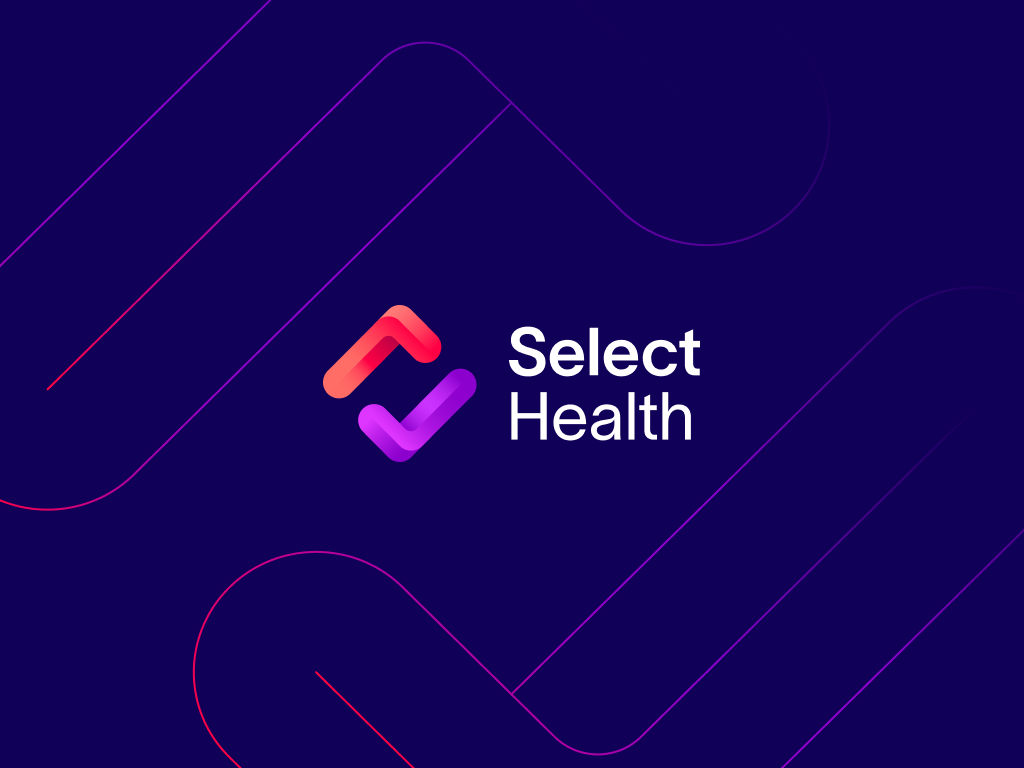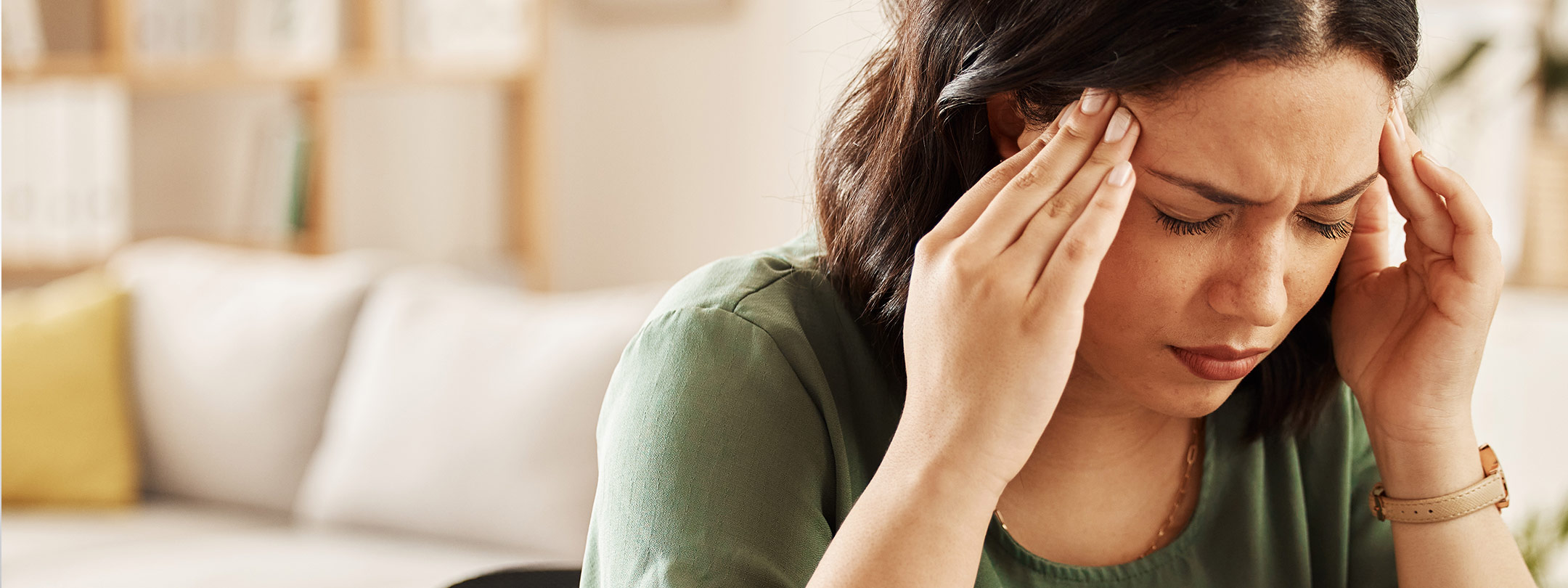You might experience headaches from time to time, or perhaps you get one more often than you’d like. Let’s explore some of the most common causes of headache pain.
STRESS
The most common type of headache, the tension headache, is typically caused by stress. When the muscles in the neck, head, and shoulders become tense, it can trigger muscle contractions that can cause a tension headache in the forehead.
Some people get a headache after a strong bout of crying. Crying is a physical response to emotional stress, which can trigger a release of hormones such as cortisol—a hormone that can cause other physical reactions like tears, headaches, and a runny nose.
SINUS PRESSURE
Because everything is connected—your eyes, nose, throat, and sinuses—watery eyes and a runny nose could mean that your sinuses are backed up with fluid. If you suffer from allergies, you might also suffer from sinus headaches. If you frequently have a stuffy nose, sore throat, or watery eyes, this could increase pressure in the sinuses and may cause a headache.
DEHYDRATION
Our bodies have to maintain the right balance of water and electrolytes every day. We lose water and electrolytes through sweat, urine, saliva, and other bodily fluids. Intense exercise, food poisoning and other illnesses, exposure to heat, and a lack of food and water can cause dehydration and a lack of electrolytes.
A common symptom of dehydration is a headache. If you’re experiencing increased thirst, dry mouth, headache, or fatigue, you most likely need to drink water to replace the water and electrolytes in the body.
HORMONAL SHIFTS
Many women experience a headache when their levels of estrogen and progesterone fluctuate each month with their menstrual cycle. When the level of these hormones drop, 60% of women experience a menstrual headache or migraine. Pre-menstrual syndrome can cause a headache before the start of a menstrual cycle, along with other side effects like acne and food cravings.
CERTAIN FOODS
Certain foods can trigger headaches by causing a histamine release in the body. Foods that trigger histamine include highly processed foods, smoked meat, fermented foods, and shellfish. Foods with a high amount of sodium are also a culprit—think snack foods, deli meats, and pickles, to name a few.
Some people have a sensitivity to aged meats and cheeses, soy sauce, and miso which are all rich in tyramine. People who lack the enzyme necessary to break down tyramine may experience headaches after eating these types of foods.
If you regularly consume caffeine or sugar, you might also experience a headache as a symptom of withdrawal. While not all experts agree that sugar and caffeine are addictive, they can cause side effects of withdrawal such as a headache and fatigue.
PREVENTION
As with many ailments, a proper diet, sleep, and regular exercise are typically the first things recommended to help you feel better. You may be able to prevent headache pain by making these adjustments to your regular routine:
• Getting the same amount of sleep each day
• Eating regular and balanced meals
• Getting moderate aerobic activity on a regular basis
• Finding ways to reduce stress
• Using relaxation techniques like meditation or massage
If these tips don’t relieve your headache or you’re experiencing frequent or severe headaches, consult with your doctor.
For information on our medical and dental plans, visit selecthealth.org/plans.
Select Health may link to other websites for your convenience. Select Health does not expressly or implicitly recommend or endorse the views, opinions, specific services, or products referenced at other websites linked to the Select Health site, unless explicitly stated.
The content presented here is for your information only. It is not a substitute for professional medical advice, and it should not be used to diagnose or treat a health problem or disease. Please consult your healthcare provider if you have any questions or concerns.
Related Articles

